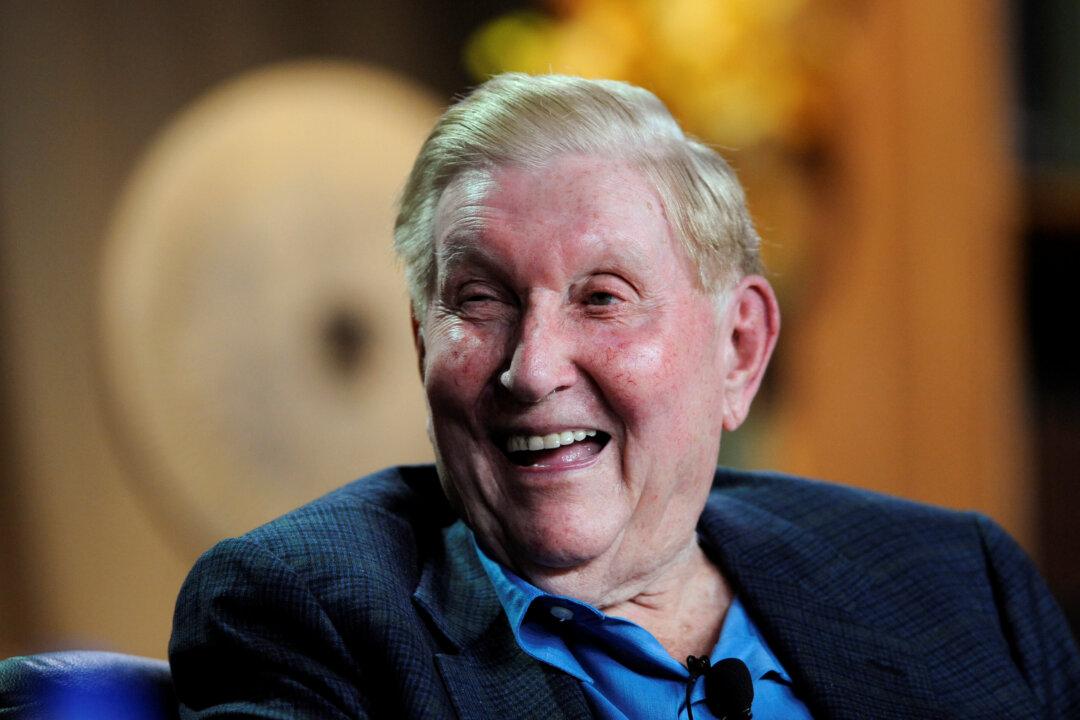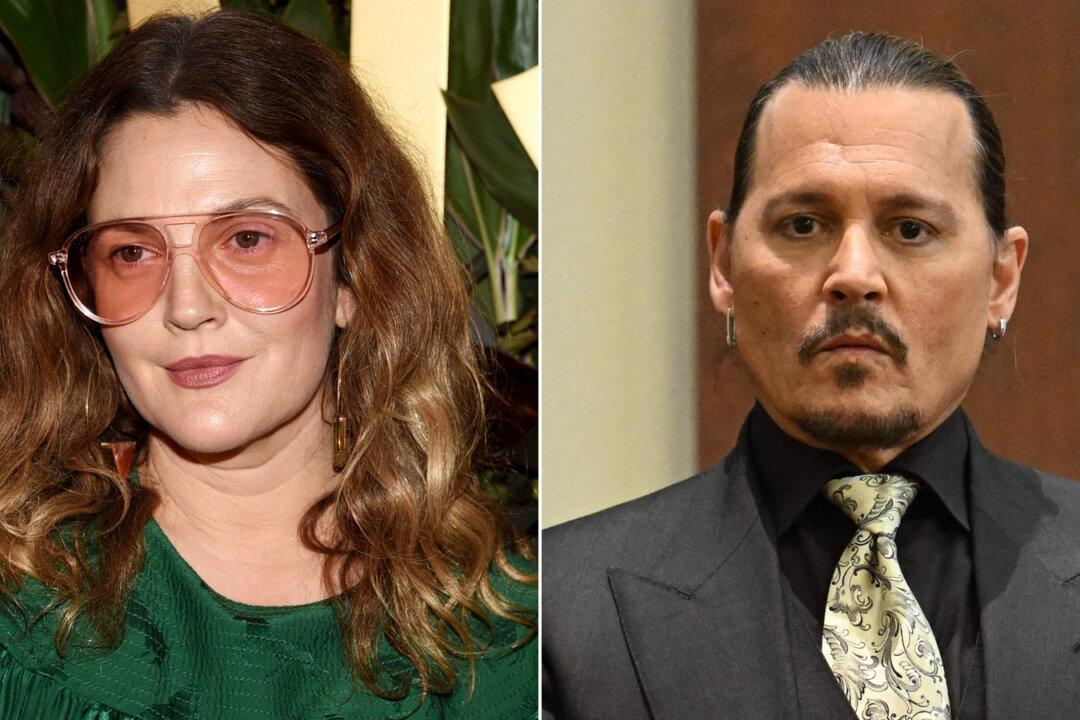Sumner Redstone, a media titan and billionaire who, as chairman of Viacom and National Amusements, drew headlines both for his deal-making as well as his turbulent personal life, died on Tuesday. He was 97.
At his peak, Redstone’s sprawling empire included CBS and Viacom, corporations that were the parents of a host of subsidiaries ranging from Paramount Pictures and MTV to Comedy Central and Spike TV.




